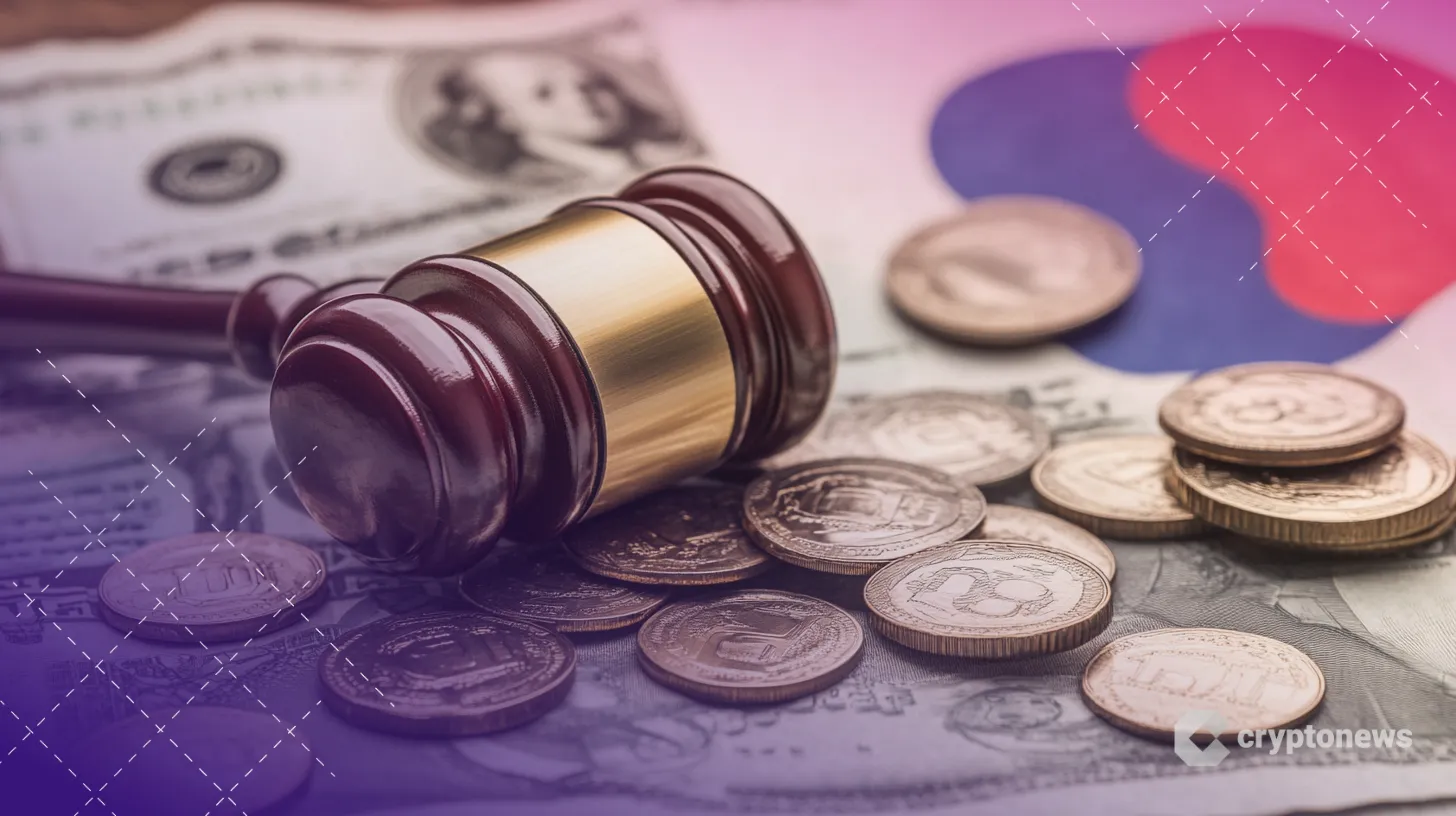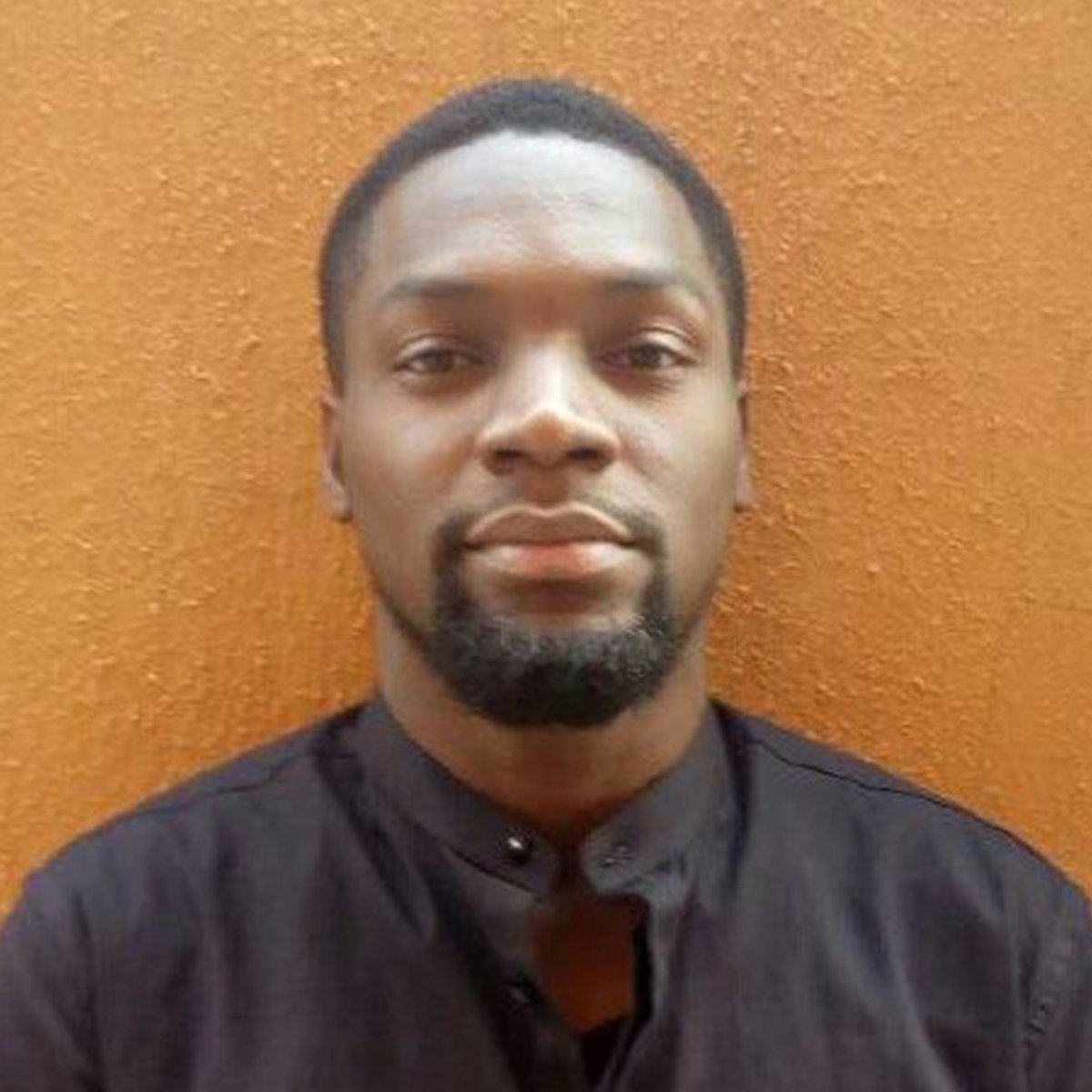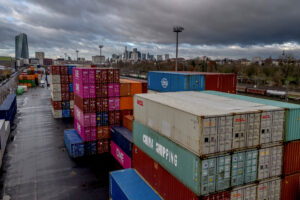Last updated:
 Why Trust Cryptonews
Why Trust Cryptonews

South Korea’s Supreme Court has upheld lower court rulings that TerraUSD and LUNA tokens do not qualify as a financial investment product under the Capital Markets Act, according to Korean newspaper Etoday reports.
This decision confirms that the cryptocurrency cannot be classified as a regulated security, impacting legal proceedings against Terraform Labs executives, including co-founder Shin Hyun-Seong.
Court Rejects LUNA Token as a Financial Investment Product
On January 23, the court rejected prosecutors’ attempts to seize Shin’s assets, stating that the Capital Markets Act does not apply. The court maintained that “related law and records show the lower court’s decision is valid.”
Prosecutors had argued that the LUNA token functioned as a security measure and sought to confiscate Shin’s assets, alleging he had made unlawful profits.
However, multiple court rulings have reinforced that cryptocurrency does not meet the legal criteria for a financial investment product.
Kim Jung-Chul, a lawyer from Woori Law Firm, explained the significance of the ruling, stating, “This confirms that the Capital Markets Act does not apply, meaning asset seizure based on that law is not possible.”
While the Supreme Court’s ruling protects the LUNA token from being classified as a security, it does not absolve Terraform Labs executives of fraud allegations.
Prosecutors continue to pursue charges against Shin and others, accusing them of misleading investors and manipulating the market to benefit from the Terra blockchain ecosystem.
Impact on Terraform Labs and Market Reactions
The collapse of TerraUSD and the LUNA token in May 2022 wiped out more than $40 billion in market value, leading to widespread losses for investors. This event triggered increased regulatory scrutiny of stablecoins and digital assets worldwide.
Do Kwon, the co-founder of Terraform Labs, was extradited from Montenegro to the United States in December 2024. He faces federal fraud charges in Manhattan, where prosecutors allege he inflated Terraform’s crypto prices and laundered funds.
The outcome of his case could have broader implications for cryptocurrency regulation.
Meanwhile, U.S. prosecutors are reviewing a large amount of digital evidence to prepare for Do Kwon’s upcoming trial.
According to a legal filing on January 7, authorities will examine Kwon’s emails, social media activity, and personal devices.
The investigation also includes Terraform Labs’ internal records, financial transactions, and promotional materials, which could play a key role in shaping the case against him.
The ruling on the LUNA token sets a precedent for how South Korea approaches the classification of digital assets under the Capital Markets Act. It may also influence global regulators as they establish clearer guidelines on whether cryptocurrencies should be treated as securities.
Despite the legal uncertainties surrounding Terraform Labs, the cryptocurrency industry continues to evolve. Investors and developers are watching closely to see how courts and regulators navigate the intersection of digital assets and financial laws.
















